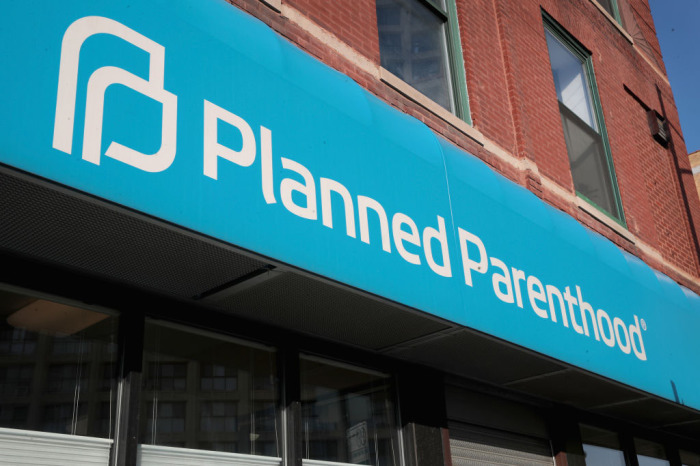Wisconsin Supreme Court overturns restraining order against pro-life protester

The Wisconsin Supreme Court unanimously ruled against an order barring a pro-life protester from speaking to a Planned Parenthood employee outside an abortion facility.
In 2020, a lower court issued an injunction ordering Brian Aish to stay away from nurse Nancy Kindschy after Aish had allegedly made threats against the clinic staffer. The decision was upheld by a circuit court in 2022.
However, in a decision released last week, Wisconsin’s highest court concluded that the injunction violated Aish’s First Amendment rights, and remanded the case to a circuit court with the instruction to vacate the injunction.
Justice Rebecca Frank Dallet authored the court opinion, writing that “even if Aish's statements were true threats — an issue we do not decide — the harassment injunction still violates the First Amendment because the circuit court did not make the necessary finding that Aish ‘consciously disregarded a substantial risk that his communications would be viewed as threatening violence.’”
“The circuit court therefore did not evaluate whether Aish's statements were true threats,” wrote Dallet, adding that “the circuit court failed to make clear findings regarding Aish's subjective mental state as it relates to his statements to Kindschy.”
Dallet also took issue with the injunction’s parameters, noting that it “orders Aish to avoid any location Kindschy might be, effectively prohibiting Aish from speaking not just to Kindschy, but to others at the clinic or anywhere else that she might be.”
“In doing so, the injunction burdens significantly more speech than is necessary to protect individual privacy, freedom of movement to and from work, and freedom from fear of death. Therefore, it cannot survive strict scrutiny,” she continued.
Justice Rebecca Bradley wrote a concurring opinion, concluding that the circuit court had failed to show that Aish had made “true threats” against Kindschy or other clinic staff.
“Not all statements that stoke fear in listeners are true threats,” wrote Bradley. “Violence must be threatened, not ‘merely predicted,’ hoped for, or endorsed.”
“The First Amendment is a bulwark against the weaponization of the justice system to squelch or even criminalize disfavored political voices. Courts are duty bound to protect the free exchange of thought on which our republic depends.”
Joan Mannix, executive vice president and managing counsel with the Thomas More Society, which represented Aish, celebrated the decision in a statement released last week.
“We are very pleased that the Wisconsin Supreme Court vindicated Brian Aish’s free speech rights and restored his ability to continue sharing his pro-life message,” stated Mannix.
“It reaffirms that the First Amendment embodies a paramount American value of protecting free speech, even if the viewpoint expressed may be unpopular or controversial — a value that transcends partisan divides.”





























